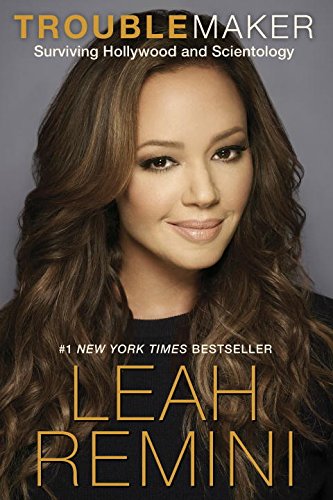What exactly does murdering one’s life entail? Cat Marnell’s biography about her experiences as an alcohol soaked, drug riddled magazine beauty editor give you a front row seat into how she murdered hers.
[BEWARE: SPOILER ALERT AHEAD]
After reading over 300 pages about Marnell’s teeth gritting addictions and accompanying behaviors, I cannot express my level of disappointment to find out, at the end, that she didn’t get sober. Despite her raw exposure of the tortuous life she led, the jobs she lost, the abuse she suffered, the friends she screwed over, the family she manipulated, only to find out that she is still using, was a severe letdown.
To give credit where credit is due, Marnell is a fantastic storyteller and skilled writer. As she’s recounting some of her more harrowing experiences, she manages to do it in such a cavalier, causal way, that only after a few pages do you realize the severity of what she has just disclosed. She also has an acerbic wit. Her banter warms you to her and makes you feel as though she’s just telling you her story.
Marnell seems to understand the dangers of her addiction. At one point she asks the reader, “is reading this stuff getting repetitive? Welcome to addiction.” The highs she describes do not read as fun. They read as desperate and edgy, painful both physically and mentally. The lows, as one can imagine, are soul crushing.
That is why her ending is so unsatisfying. Why take the time to expose your pain and agony in this shocking regard only to continue on the same path? In her epilogue, she alleges she’s cut out all the “hard stuff” as well as alcohol. I know the latter is not true, though, because I checked out her Twitter page which is rife with photos of booze.
If you’re interested in reading the well-written, harrowing biography of a drug addict who isn’t clean, I recommend How to Murder Your Life fully. If you read these kinds of books to see the light at the end of the proverbial tunnel, skip it.
Perhaps Ms. Marnell is just doing research for her REAL foray into sobriety. For her sake, I hope she finds it.
Published: 2017
Publisher: Simon & Schuster
Elizabeth's rating: Halfway down the middle, 2.5





